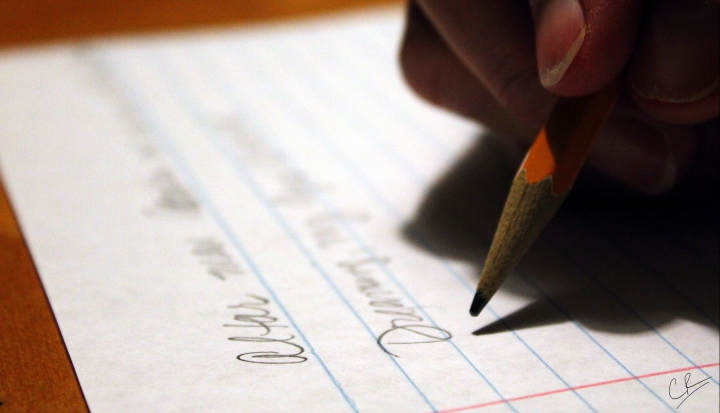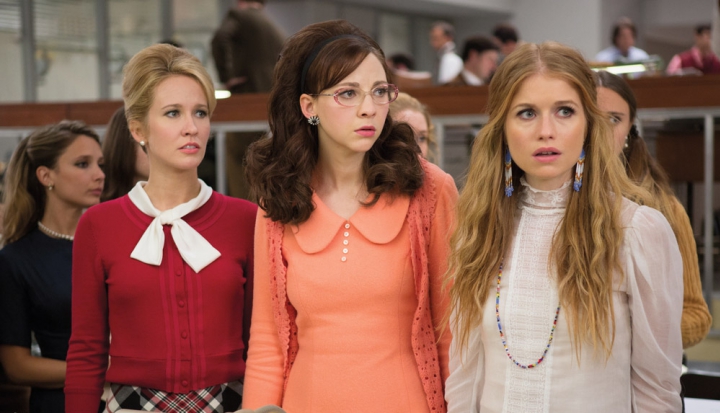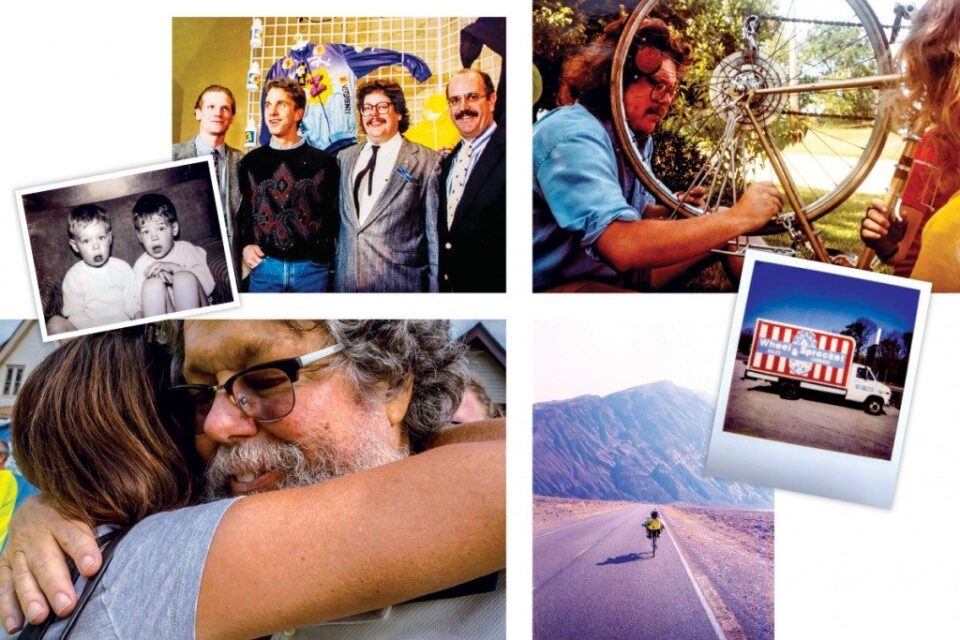In fourth grade, to Sister Clarita at St. Raphael’s Elementary School, I announced I would be a writer. Had I known about jobs with more status and better pay, I might have announced my intention to become a chief financial officer of a reality television network, but c’est la vie.
I attended journalism school in the immediate post-Watergate age, at a historic moment when young journalists not only thought their jobs were to save the world, but believed that task could actually be accomplished. There was a passion and fire about breaking important public policy stories and a conviction that journalism was a tool for justice and social accord. It was a heady time. Students were hired by newspapers and magazines right out of writing courses, before they even graduated. (I am now a journalism professor, and when I tell that to my students, they sigh sadly and begin to google job openings for junior assistants on reality television networks).
Although I felt a little thrill of pride at the Bernstein and Woodward tales of digging and probing and working the phones to break the Watergate story, I was never that kind of journalist. Democracy needs media professionals who do those jobs with excellence, but I was drawn to stories—some would say smaller stories—of people. Not necessarily political or powerful people, but people who were making things and changing stuff and thinking provocative thoughts.
Journalism is an all-access ticket for a writer to visit behind the scenes, go backstage, violate social codes, ask impossibly cheeky questions and inappropriately personal ones, and to not make small talk but instead make big talk with total strangers about what matters most in their lives. It is simply thrilling. Anything that intrigues or puzzles me can be turned into a story pitch, and if I can find an editor who is game enough to hire me, I get to go explore it. In a way, it’s a license to permanently be 8 years old with permissive parents who let me ask “But why?” as many times as I like.
And then the task becomes turning that experience into words that might, just might, touch some other heart. That is a calling to a high purpose. That is a calling to life, to being fully human, to turning a light on one of us, for a moment, so that we all can see. We humans want to tell each other stories, and we want each other’s help in figuring out what matters in life.
There is no way to do journalism and not see humanity, close up, sweaty and flawed and gorgeous. It’s a privilege and an honor to get that front row seat, and trying to find a way to share that seat with people who read your words is a weighty responsibility. It is rare admission to the innermost moments of another person’s life, and the calling of journalism is to transmute that individual moment into a universal story. That is how we teach each other. That is how we bring each other along on our common journey.
One afternoon in the 1980s I sat in the waiting room of an urban clinic that was treating people for a new disease called AIDS. I was interviewing people who were dying for a book I was writing. A physician had arranged for me to meet one of his patients. I sat on a battered, green vinyl chair and watched the door. I heard measured steps coming down the hallway. I heard the scrape and click of a cane being leaned on and a foot being dragged unevenly. When the knob began to slowly turn, my hands suddenly felt clammy, and I thought, “This is it. I am about to meet Death.” I had a fleeting terror and absolutely no idea how to face the man who began to open that door, what to ask him, how to tell his story. I felt utterly inadequate, a rude interloper with no credentials, intruding on the most secret and private moments of his life.
Then he appeared and held out his hand, and I shook it. I am rather short. He was extremely tall. We laughed about that and looked for a shorter chair for him so we could approximate being at an even eye level. I didn’t know how to begin the interview, but he didn’t wait for me; he started on his own. With great dignity and transparency, he told me everything and I asked nothing. He almost casually shared memories and feelings that most of us guard and shelter. The rejection of his family. His anger at God. His affection for God. The love of his friends. His isolation, his faith, his fear. He showed me that, sometimes, it is enough to witness. That it is a gift and an act of human grace to witness each other’s struggle. We don’t have to fix it or manage it or even understand it. There is some kind of gift we give to each other in listening and being aware. That, I could manage. And so that is what I did.
I have written about cowboys, hockey, divorce, and cooking. I have written books about marriage and children and travel and famous leaders. I have profiled accomplished folks and people whose names are already forgotten. I have written about my children, my parents, my sisters, my aunts, and my friends. I have been on a North Woods dogsled and in a tippy kayak and on a sawdust-covered dance floor and in the chambers of a Supreme Court justice and it always feels like this: Being a journalist is being a telephone, but the call is from the subject to the reader. The writer must make the connection and then, somehow, manage to get out of the way and let the spark of insight travel on its own.
This article originally appeared in U.S Catholic.
Image: Flickr






